Zoom In: Stéphanie Labité
As head of the Swiss Business Hub of Southern Africa (SBHSA), Stéphanie Labité is the first point of contact for Swiss companies looking to expand their business activities in sub-Saharan Africa. In this interview, the graduate of the CAS Foreign Affairs and Applied Diplomacy at the ZHAW talks about her life at the intersection of diplomacy and business development in Africa.
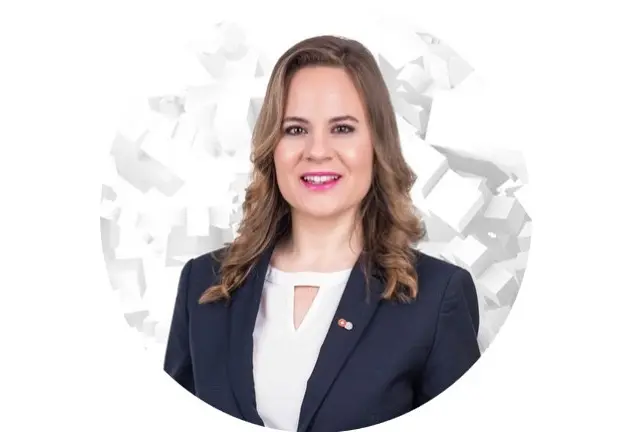
Stéphanie, what is a Swiss Business Hub? Is it a subdivision of an embassy?
Swiss Business Hubs (SBHs) engage in promoting Switzerland as an export and business location. There are around 22 SBHs worldwide, which are integrated into Swiss representations abroad (embassies or consulates general). The global external network is a joint success story of Switzerland Global Enterprise (S-GE), the Federal Department of Foreign Affairs (FDFA), and the State Secretariat for Economic Affairs (SECO). Our hub, the SBHSA, is an important point of contact for small and medium-sized companies from Switzerland and Liechtenstein looking for export opportunities in South and East Africa. Its services include providing market information, support with certification, market and product analyses, and searching for distributors or partners. We focus on sectors such as fintech, medtech, agritech/food, MEM (mechanical, electrical, and metal industries), infrastructure, and cleantech. In its activities, the SBHSA is geared towards Switzerland's particular areas of expertise: It also takes into account key trends such as sustainability, digitalization, and regional value chains. Another key mandate involves large-scale infrastructure projects in sub-Saharan Africa. By identifying suitable ventures in the region, we help Swiss SMEs gain access to strategic infrastructure projects. Organizationally, SBHs are located in Swiss embassies. We also work closely with Swissnex. Since South Africa is one of Switzerland’s priority countries for economic cooperation, the SECO is also represented locally at the Swiss Embassy. From our perspective, this constellation constitutes a "Team Switzerland" that benefits from various synergies.
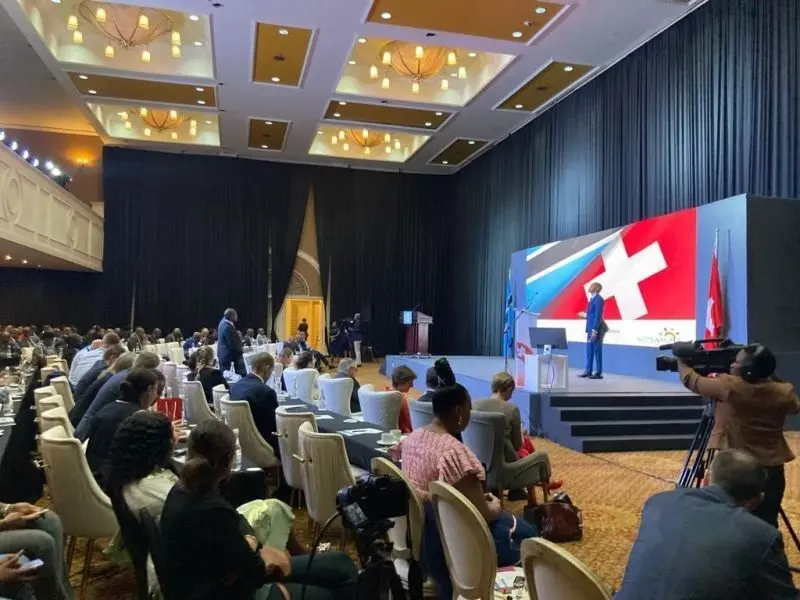
So the Ambassador is your boss?
Yes, one of my superiors is the Ambassador. I answer to the Deputy Head of Mission as the SBHSA is embedded in the Embassy’s diplomatic section. This allows a comprehensive view of political, foreign trade, and economic activities. I’m a member of the transferable staff, which means that I’m reassigned periodically. I also have another superior at S-GE with whom I jointly determine the content and technical management of our business hub. This matrix organization enables me to incorporate different perspectives to meet as many requirements as possible.
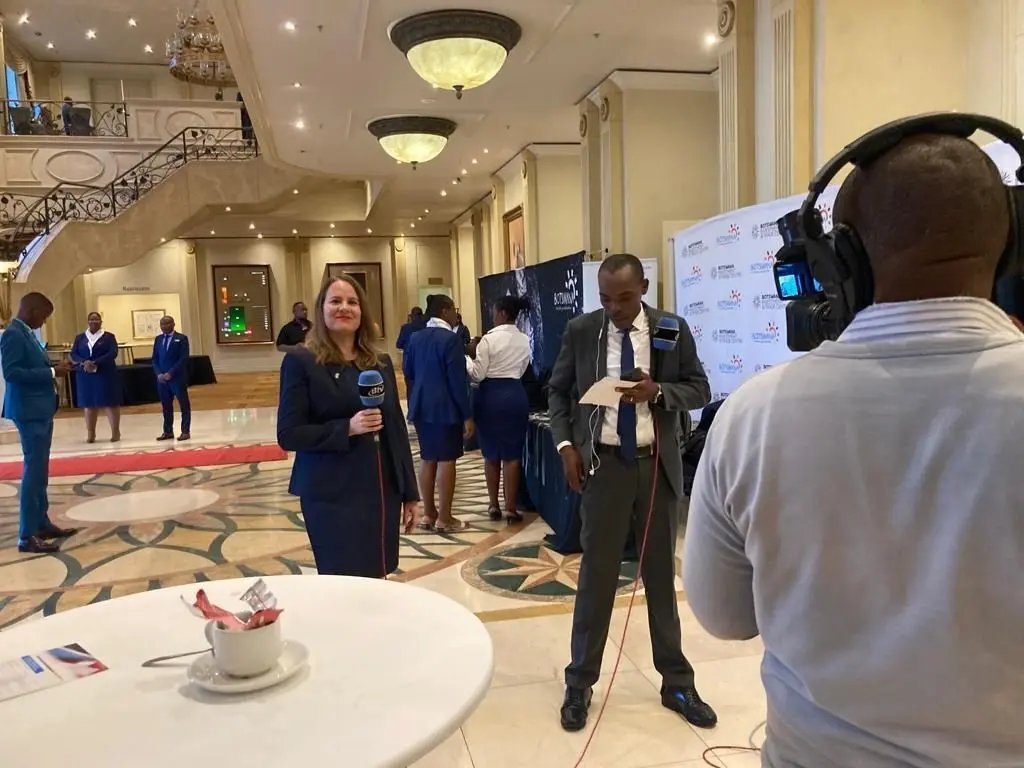
Does one need a diplomatic career to work in a Swiss business hub?
Not necessarily. You can become head of an SBH through a traditional diplomatic career within the FDFA, but other heads are recruited directly in the private sector. My case is different yet again: I have experience in the private sector, where I worked in Central and West Africa for over 10 years. For example, I worked in the building materials and cement industry for several years and later held the position of President of the European Chamber of Commerce. Over time, my interest developed towards the Swiss Federal Department of Foreign Affairs (FDFA), which I saw as an opportunity to work at the interface between the private and public sectors. I applied for the "Consular, Business Management, and Finance (CBF)" program for experienced professionals. The technical focus is business management, consular services, and financing international cooperation programs. After completing my first assignment in Kosovo, I applied for the position of Head of SBH as part of my first rotation. And that's how I ended up at a Swiss Business Hub. To sum up, experience in the private sector is essential. You need to demonstrate that you have the necessary cross-sector skills to advise companies in different markets. It is also important to involve various stakeholders – from the private sector to the public sector – and realize their interests and expectations.
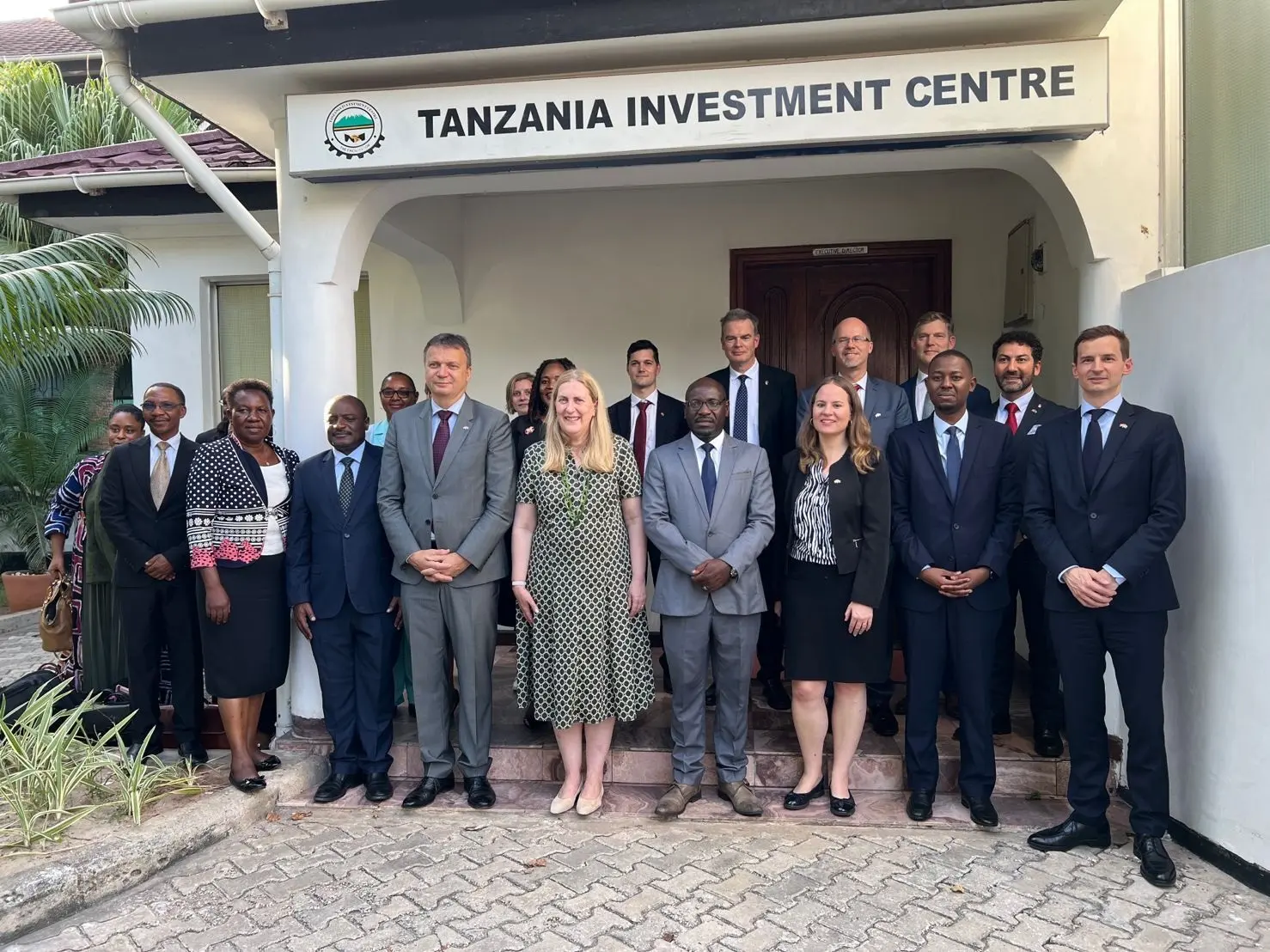
Were you able to choose the destination, or could you have ended up in Korea or Chile?
Yes, that would have been possible. For example, I applied for positions in Asia and Indonesia, as I had often worked with Chinese customers and suppliers from the ASEAN (Association of Southeast Asian Nations) region and China in my previous job. I also completed my Executive Master of Business Administration (EMBA) over two years at Tsinghua University in Beijing and INSEAD in Singapore, Abu Dhabi, and Fontainebleau. However, due to my experience in Africa, the S-GE/FDFA asked me whether I would be interested in applying for the SBH, as this program also has a regional dimension. Ultimately, I was persuaded by the regional focus, combined with the interface between the private and public sectors, to promote Switzerland's economic relations with the various African countries.
The "dance steps" on the international diplomatic stage can certainly be learned, especially if you follow the principle of "learning by doing". In this context, I remember my CAS classes, which formed an essential basis for my practical experience. This program proved to be the ideal preparation for the challenges of dealing with countries that exert a strong influence on the economic sector.
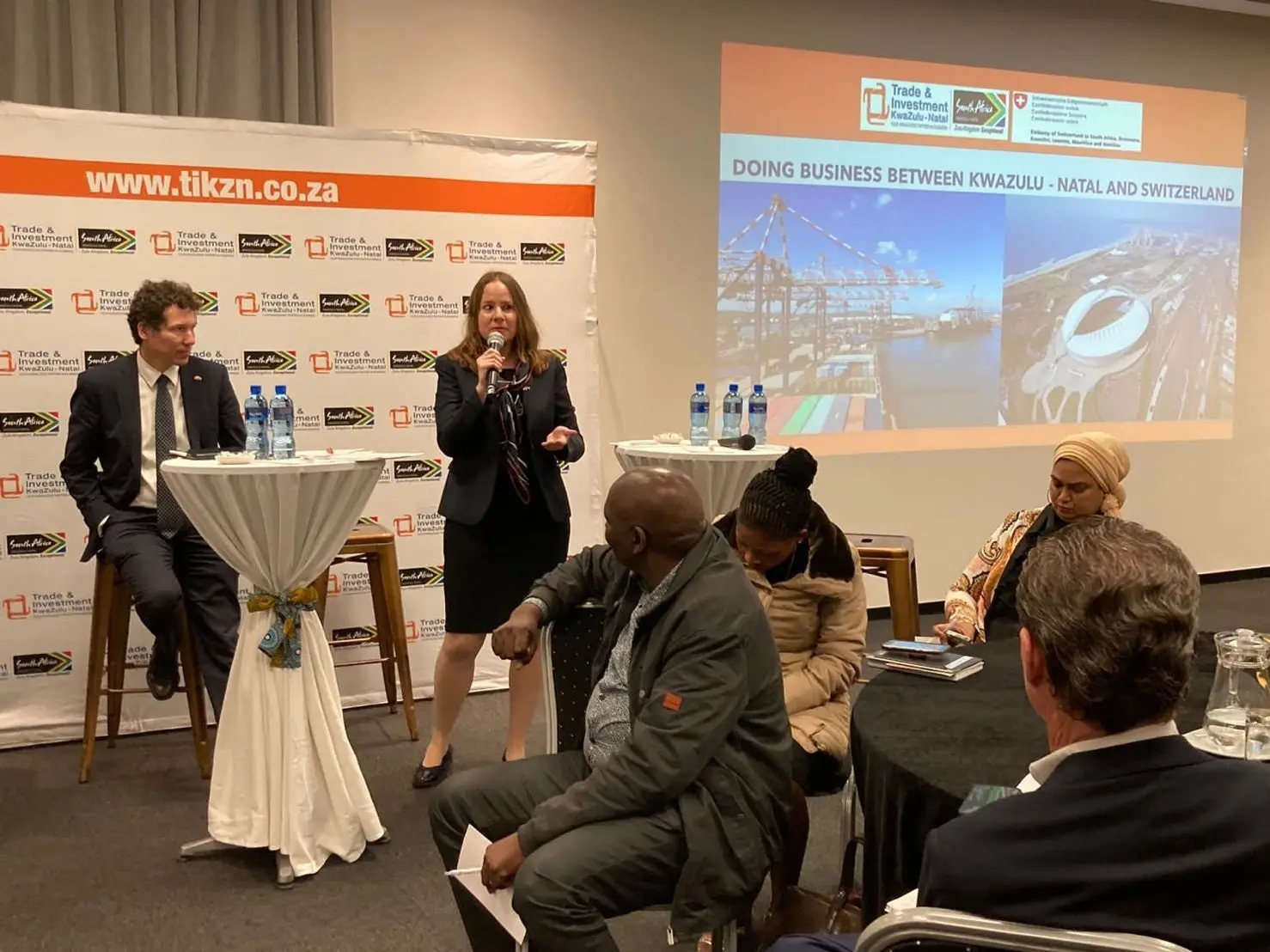
For our CAS in Foreign Affairs & Applied Diplomacy program, we promise graduates "confidence on the international stage". Is it even possible to learn something like that? And what is the international arena like in South Africa and the other countries in your area of responsibility?
Allow me to go back a bit and start with my transfer to Kosovo two years ago: The still tense political situation there quickly made me realize the importance of diplomacy skills in dealing with opposing positions and in making progress in negotiations – similar to the coordinated movements when a couple dances. The "dance steps" on the international diplomatic stage can certainly be learned, especially if you follow the principle of "learning by doing". In this context, I remember my CAS classes, which formed an essential basis for my practical experience. This program proved to be the ideal preparation for the challenges of dealing with countries that exert a strong influence on the economic sector. The African arena is also at the crossroads between diplomacy and business. The most important thing is understanding the political, social, and economic trends and their impact on diplomatic relations. Also, in South Africa, the historical component must not be forgotten.
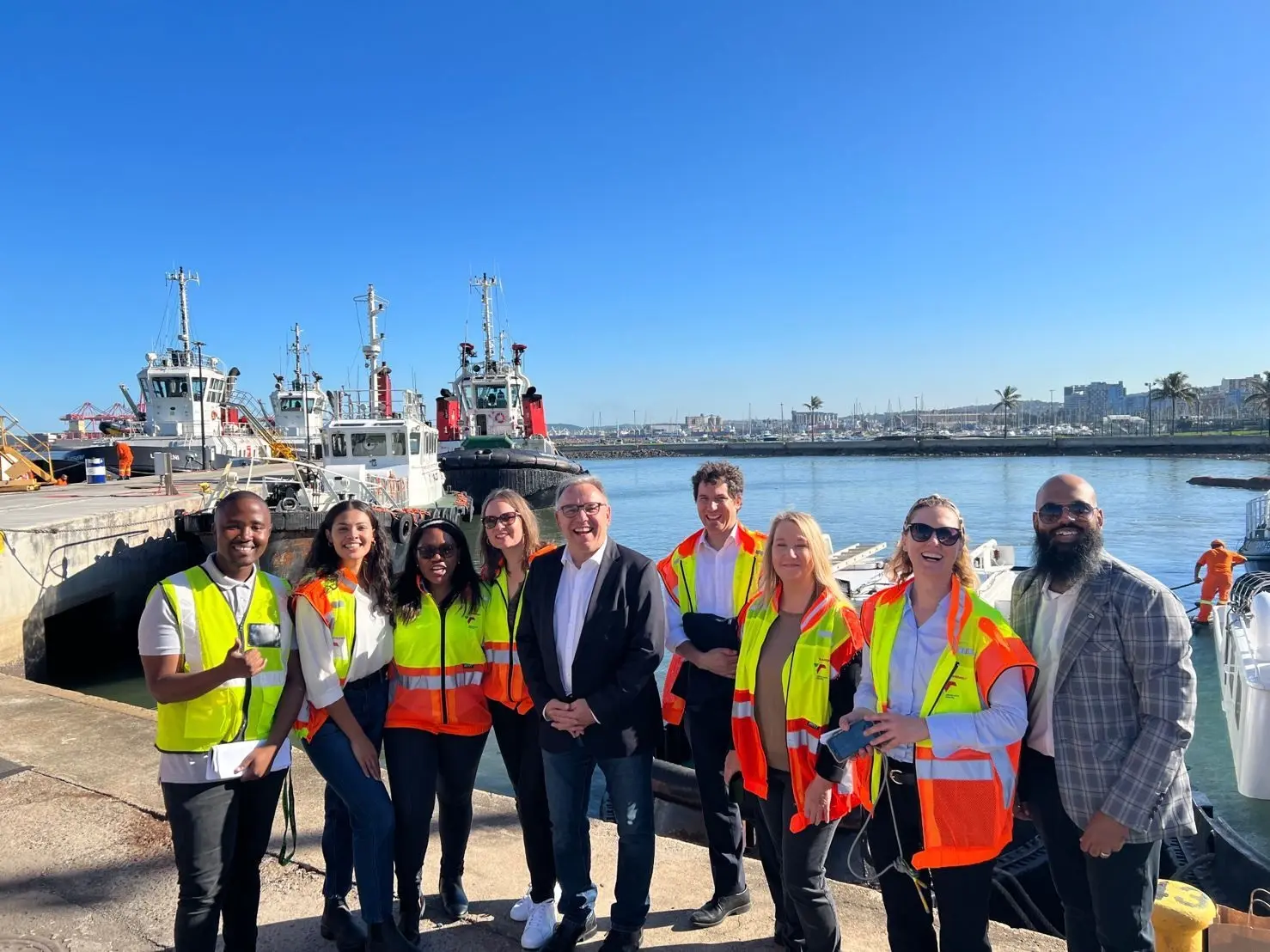
Your ecological footprint must be considerable with your many trips in Africa and between South Africa and Switzerland. How do you deal with this professionally and as a private citizen?
Regarding business travel, the Swiss Confederation is required to keep the ecological footprint as low as possible. One of the ways it does this is through the principle of carbon offsetting. The Federal Administration's greenhouse gas emissions have been almost halved since 2006. As for myself, I always try to choose the shortest route. However, this is rarely possible due to the often inadequate infrastructure between and within African countries. In this context, the African Continental Free Trade Area needs to do more to promote interregional mobility, and Switzerland should support such projects. In my private life, I have retained many environmentally friendly habits from Switzerland. I continue to separate waste and keep my ecological footprint as small as possible. At this point, however, I would also like to emphasize the progress made by African countries in sustainability. Kenya, for example, has taken a pioneering role in using green energy. It covers 70 percent of its energy needs from renewable sources.
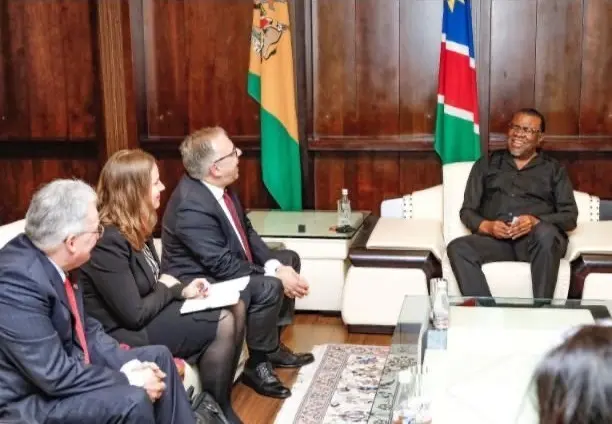
Is the world of diplomacy as open to women as it is to men?
I find this question particularly significant. Diplomacy, as taught in the CAS in Foreign Affairs and Applied Diplomacy program, encompasses cultural and social aspects. Culture manifests itself in the exchange of art and music or in debates. In business, diplomacy requires intensive engagement, especially in networking with partners and stakeholders. However, networking does not end with drinks in the evening but continues in meetings and follow-up emails the following day. In a world that often still follows a traditional family model, it is challenging for women with family commitments to make time for networking. What's more, if you can be reassigned, you will have to move every four years, resulting in your environment changing fundamentally. It is still not fully accepted for male partners of diplomats to move also. In my opinion, however, the FDFA has already done a lot to promote and further develop gender equality.
Get more insights into International Business:
Continuing Education International Management
BSc in International Management
MSc in International Business
Further Zoom In articles